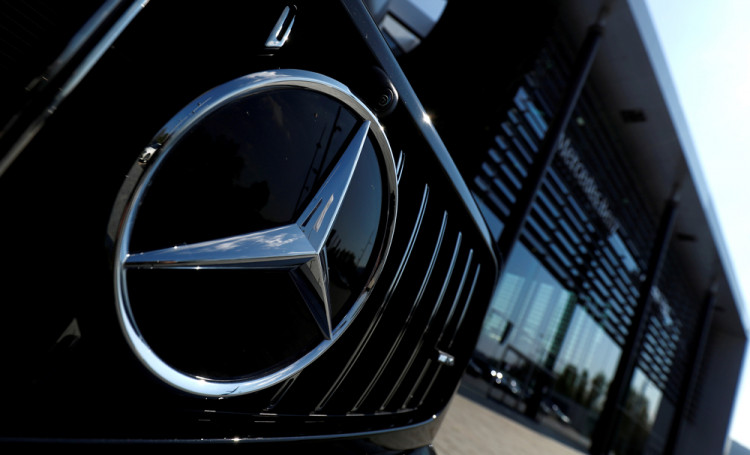In a significant setback for the United Auto Workers (UAW) union, workers at the Mercedes-Benz plant in Alabama have voted against union representation, the National Labor Relations Board (NLRB) announced on Friday. The closely contested election saw 56% of the 5,075 eligible workers, or 2,642 employees, casting ballots against the UAW, while 2,045 voted in favor of unionization.
The outcome of the election dealt a blow to the UAW's ambitious organizing drive, launched late last year, targeting 13 non-union automakers in the U.S. The loss comes just a month after the union celebrated a major victory at a Volkswagen plant in Tennessee, where workers voted nearly 3-to-1 in favor of joining the UAW.
UAW President Shawn Fain, while acknowledging the disappointing result, remained optimistic about the union's future efforts. "While this loss stings, I'll tell you this, we're going to keep our heads up, keep our heads up high," he said during a media conference. "These workers have nothing to do but be proud in the effort they put forth and what they've done. We fought the good fight and we're going to continue on, continue forward. Ultimately, these workers here are going to win."
The UAW's campaign at the Mercedes-Benz plant kicked off last fall, shortly after autoworkers at Ford, General Motors, and Stellantis ratified record contracts following a six-week strike. Impressed by the UAW's hard-charging negotiating tactics, Mercedes workers began signing union authorization cards in large numbers, reaching what the union described as "a supermajority" by early April.
However, Mercedes-Benz took steps to dissuade workers from voting for the union, a stark contrast to Volkswagen's approach in Tennessee. The company showed videos warning about the failures of unions and the lack of control workers have over their union dues. Two weeks before the election, Mercedes announced a CEO change in Alabama and urged workers to give the new leadership a chance.
The UAW has filed unfair labor practice charges against Mercedes, alleging the company violated U.S. labor law by intimidating workers in the run-up to the election. Under a new standard adopted by the NLRB last year, Mercedes could be ordered to bargain with the UAW if found to have illegally interfered in the union election. The UAW has also filed charges against Mercedes in Germany under a new law aimed at holding companies accountable for human rights violations in their global supply chains.
Alabama's political leadership, including Governor Kay Ivey and House Speaker Nathaniel Ledbetter, characterized the UAW as an outside force threatening the state's economic success. In a statement released after the vote, Governor Ivey said, "The workers... have spoken clearly! Alabama is not Michigan, and we are not the Sweet Home to the UAW. We urge the UAW to respect the results of this secret ballot election."
Despite the setback, the UAW remains committed to its organizing efforts in the South. The union says at least 30% of workers at a Hyundai plant in Montgomery, Alabama, and a Toyota plant in Troy, Missouri, have signed union cards, enough to petition federal labor officials for a union election. However, the UAW has been waiting to amass well over a majority of support at a plant before taking that next step.
The Mercedes-Benz plant in Tuscaloosa, located about 60 miles southwest of Birmingham, has produced more than 4 million vehicles since its opening in 1997, including 295,000 vehicles in 2023. The plant currently produces gas-powered GLE and GLS Maybach SUVs as well as the all-electric EQS and EQE SUVs.






